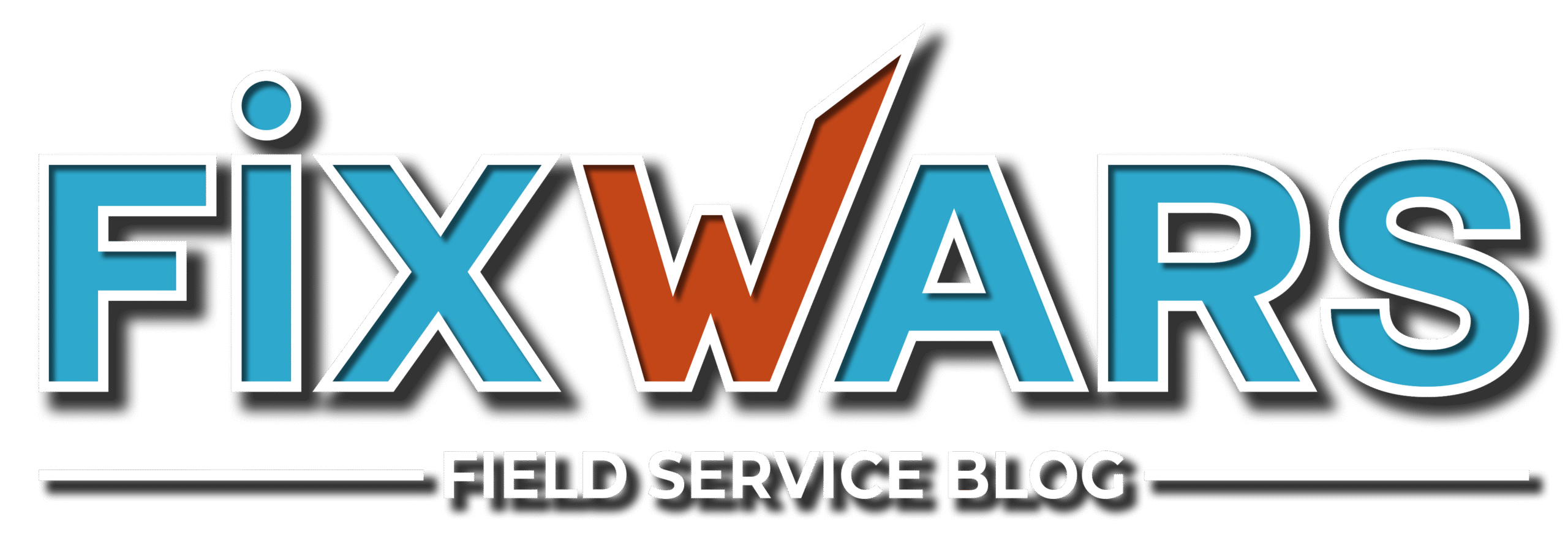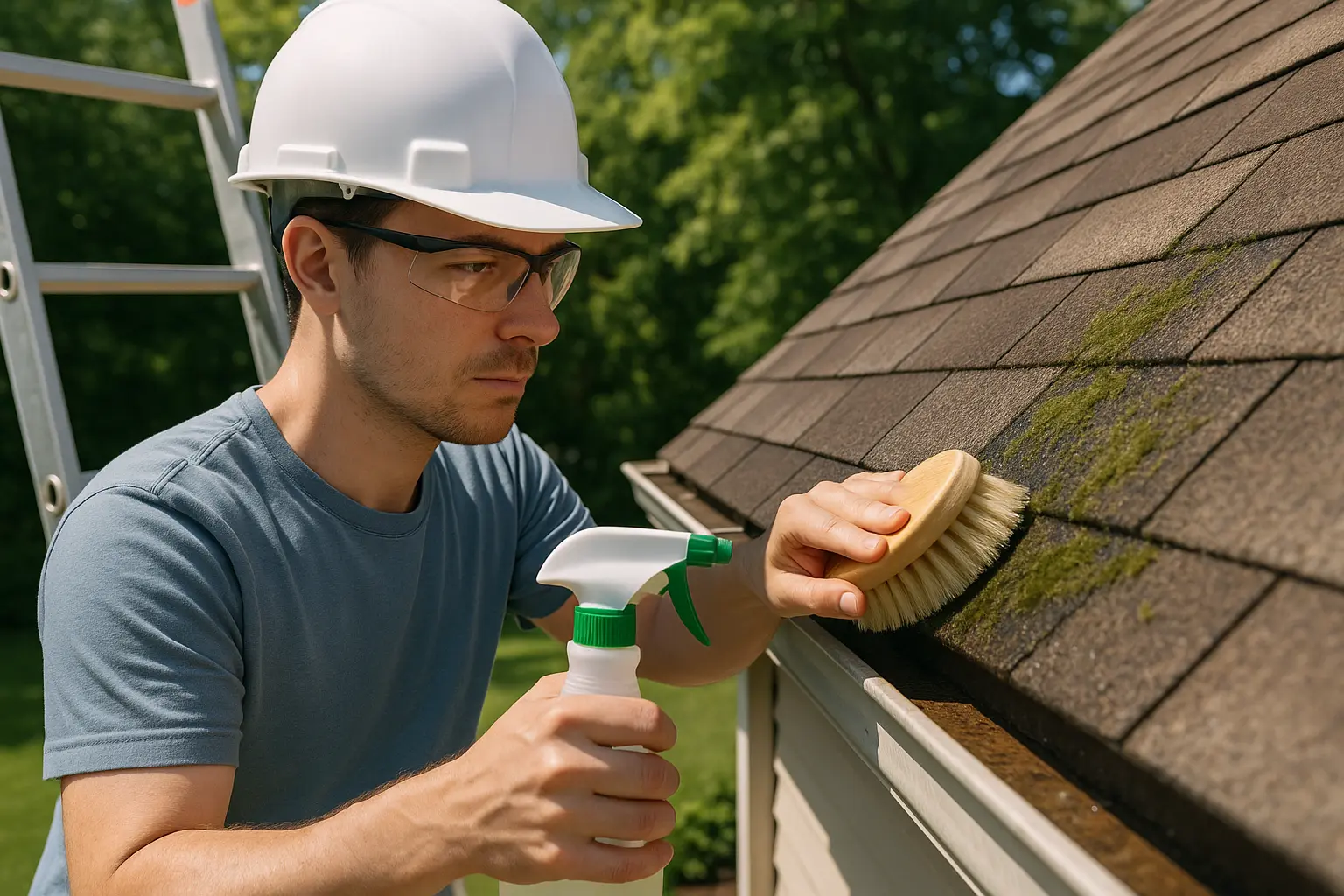Introduction
Finding the perfect roofing contractor can seem like a daunting task, especially when facing so many choices. Whether you are looking for a tiny repair or a full roof replacement, knowing what qualities to look for is essential. A dependable contractor not only delivers excellent workmanship but also brings you the reassurance of a long-lasting roof. This guide will walk you through every important step—from collecting referrals to confirming the proper paperwork—to help you hire a professional who meets your expectations.
Reviews, License, Estimate
When beginning your search, it is wise to keep in mind the key aspects of reviews, license, estimate. These three elements serve as your touchstones in evaluating potential contractors. By ensuring that a roofing expert has solid reviews, license, estimate credentials, you create a foundation for a secure and successful project. As you progress, let these factors guide you in making a decision that aligns with both your budget and quality needs.
Research and Recommendations
Start with Personal Referrals
Your best starting point is to ask family, friends, and neighbors for advice. If someone you know has recently completed a roofing project, their firsthand experience can offer valuable insight. Try to learn about the contractor’s work ethic, timeliness, and the overall finish of the project. When gathering these tips, don’t hesitate to ask in-depth questions: How did the contractor manage unexpected challenges? What was the overall duration of their work? And did they document the process with before and after photos?
Be sure to collect opinions from multiple sources. While one person’s experience might not be ideal, another might testify to outstanding service. Many local neighborhood groups and community forums offer a treasure trove of suggestions and even warnings about contractors. This multi-angled approach sets you up with a well-rounded view, ensuring that you select a contractor who has proven credentials.
Examine Online Feedback
Today’s buyers often turn to the internet to understand a contractor’s reputation. Look for online ratings on platforms like Google, Yelp, or the Better Business Bureau. Trends in feedback—such as consistent praise for punctuality and quality work or recurring concerns about delays and unfinished jobs—reveal key strengths and potential pitfalls of a contractor.
Detailed narrative reviews offer context to the star ratings. Search for accounts that detail how a contractor handled issues like unexpected leaks or severe weather disruptions. When these online reviews, license, estimate are paired with the contractor’s own responses on these platforms, you get a clearer picture of how seriously they take customer care and resolve problems.
Confirm Credentials and Legal Paperwork
Before making any commitments, verify that the contractor holds the required state or local paperwork. A valid license proves that the contractor has met the necessary standards and undergone proper training and assessments. Ask to see a copy of this license when you meet with them.
Insurance is just as critical. Roofing jobs can be risky, and an incident on your property can lead to costly legal issues if the contractor isn’t insured. Ensure that they have certificates for liability and workers’ compensation. Knowing that both you and the contractor are covered under a proper insurance scheme can keep your project running smoothly and protect your investment.
Assessing Reputation and Work Quality
Review Past Projects
One of the simplest ways to gauge a contractor’s capability is to take a look at their past work. A reputable contractor will gladly share a portfolio full of photos, case studies, and client testimonials. Pay attention to the finish of previous jobs and the quality of materials used. In some cases, you might request a visit to an ongoing project to see their work in action.
This firsthand look helps assess how well safety protocols are followed, how organized the team is, and how they manage on-site situations. Ask whether they have faced challenges with material durability or installation mishaps. A clear record of how past problems were resolved offers insights into what to expect on your own roof.
Speak Directly with Previous Clients
Further insight can be gleaned by contacting former customers. Arrange brief interviews or phone calls so you can hear detailed feedback on the contractor’s performance. Inquire about how they paced the work, communicated during changes, and tackled any unexpected delays or costs.
Questions to ask include: What hurdles did you encounter during the project? How did the contractor handle these problems? Were additional expenses justified? This type of candid conversation often reveals a contractor’s true nature. A contractor who is open with references and garners positive responses is more likely to be a solid choice.
Gauge Communication Effectiveness
Communication is the backbone of any successful roofing project. Note how quickly and clearly a contractor responds to your questions during your preliminary meetings. Their ability to explain technical details in everyday language reflects both professionalism and transparency.
If adjustments or issues arise during the work, a contractor who keeps you promptly informed can make all the difference. Expect them to outline the project timeline, payment details, and any potential hiccups along the way. Consistent, patient dialogue reduces the chance of misunderstandings. Those who favor open conversations are typically more reliable and dedicated to quality service.
Comparing Quotes and Contracts
Gather Multiple Estimates
When it comes to big home projects like roofing, don’t settle for a single price quote. Request detailed estimates from several contractors. Provide the same description of your needs to each contractor so that their reviews, license, estimate reflects fair and open pricing. Comparing these estimates side-by-side helps you detect any outliers such as unexpectedly low bids, which might hint at compromises in material or workmanship.
Each estimate should break down all expenses—labor, materials, permit fees, and cleanup. Such a transparent approach makes it easier for you to understand the costs and identify any hidden charges that might arise later.
Scrutinize Contract Details
Once you have several estimates in hand, the next step is to carefully review the contract details. A sound contract should spell out every aspect of the work, from the removal of old materials to the installation of new components, and even extra services like gutter work. Look for a clear timeline, a breakdown of costs, and precise terms of service.
This written document acts as a safeguard. If issues like unexpected delays or additional fees occur, a detailed contract provides clarity. Don’t shy away from asking questions or even seeking legal advice if any part of the agreement seems unclear.
Define Warranty and Follow-Up Services
Discuss warranty options with your contractor before work begins. A robust warranty covers both the materials and the labor, ensuring that you’re protected if problems arise later. Ask what the warranty encompasses—is it against leaks, material wear, or structural issues? Furthermore, understanding the duration and any maintenance requirements tied to the warranty can prevent future complications.
Clear warranty terms not only bolster your confidence, but they also underline a contractor’s commitment to quality. Look for written warranties that detail all conditions so that there are no surprises in the future.
reviews, license, estimate
Throughout your journey in selecting a contractor, keep referring back to the main checklist of reviews, license, estimate. This trio embodies the professional standards you should expect. When you see a contractor with excellent feedback, valid paperwork, and a clear, fair estimate, you know you are dealing with someone who takes their craft seriously. Additionally, in your search for a reliable professional, consider the benefits of a solid roofing contractor hire who prioritizes these factors.
You may also come across contractors who mention that their reviews, license, estimate metrics have helped many homeowners avoid costly mistakes. By integrating these criteria into your evaluation process, you set the stage for a roofing project that runs smoothly and meets all expectations.
Additional Considerations for Selecting a Roofing Contractor
Know the Contractor’s Specialty
Roofing isn’t uniform—different roofing systems call for different skills. Some contractors focus on asphalt shingles, while others are experts in metal or slate roofs. If your project involves unique materials or design, inquire about the contractor’s specific experience with that style. For instance, if you want an eco-friendly roof, look for someone who is familiar with green roofing or even solar-integrated options.
The right contractor should be able to explain the nuances of your chosen material and suggest the best practices for installation. Their specialized experience is key in ensuring your roof stands up to local weather and time alike.
Assess Customer Service Standards
A contractor’s technical skills are only part of the picture. High-quality customer service is equally important when you are inviting someone to work on your home. Notice if they respond promptly and courteously to your inquiries and if they keep you updated as the project progresses. These interactions speak volumes about their commitment to your satisfaction.
Look for signs of proactive problem solving and flexibility in their approach. A contractor with top-notch customer care will spare no effort to ensure you are comfortable and informed every step of the way. Their customer-centric attitude is often reflected in a portfolio of glowing testimonials and repeat business.
Value of Local Expertise
In many cases, a contractor’s familiarity with local conditions can be a major asset. Professionals who have worked in your area typically understand regional building codes, climate challenges, and the best methods for obtaining necessary permits. They often have established relationships with local suppliers, which can lead to quicker deliveries of quality materials and even better pricing.
Local expertise means that the contractor has already dealt with similar projects in your community, ensuring a smoother process overall. This friendly local background can be something to lean on if any hurdles arise during the project.
Comparing Financial Details and Negotiating Terms
Analyze Each Cost Component
When comparing those detailed estimates, pay attention to every individual cost. Request a summary that covers removal of your old roofing, disposal expenses, permits, and labor charges, along with any other factors that may influence the price. This level of detail in your reviews, license, estimate provides clarity over what you are paying for.
If a contractor offers additional options or upgrades, ask for clear explanations. A comprehensive breakdown not only helps highlight where you might trim costs but also ensures you’re getting quality material and service for your money.
Negotiate Fair Contract Terms
After reviewing all the estimates and proposals, negotiations become an important next step. View the negotiation process as a conversation rather than a battle. Clarifying issues like timeline adjustments, payment schedules, and quality standards upfront helps both parties feel secure. These reviews, license, estimate factors serve as your benchmarks during discussions.
By discussing and agreeing on all potential aspects—whether it’s adjustments for weather delays or unforeseen price hikes—you can prevent disputes later. Don’t hesitate to ask for modifications if something doesn’t seem right. A mutual agreement ensures the project stays on track and keeps both you and the contractor satisfied.
Conclusion
Doing your homework when selecting a roofing contractor is a big step toward safeguarding your home. By gathering multiple referrals, checking online feedback, verifying legal documents, and examining previous work, you build a clear picture of who you can trust. Keeping in mind the central importance of reviews, license, estimate, alongside clear communication, transparency in contracts, and solid warranty details, sets you up for success.
Though collecting quotes, scrutinizing contracts, and confirming essential paperwork might seem tedious initially, these efforts shield you from future complications and costly repairs. Adding local expertise, a thorough understanding of different roofing specialties, and excellent customer service further strengthens your decision-making process.
Your roof is a critical part of your home’s safety and value. By choosing a contractor who demonstrates reliability, quality workmanship, and professionalism—a true example of a trustworthy roofing contractor hire—you make a long-term investment in your property. Whether the job is minor or extensive, every detail you verify today paves the way for a secure and enduring roof tomorrow.
Remember, diligence during the selection process is an investment in both quality and peace of mind. Take your time, follow the checklist, and prioritize those key markers: reviews, license, estimate. The better informed you are, the more confident you can feel about the project’s outcome. With the right contractor, you are sure to see a successful roofing project that meets every expectation while standing strong against the test of time.





